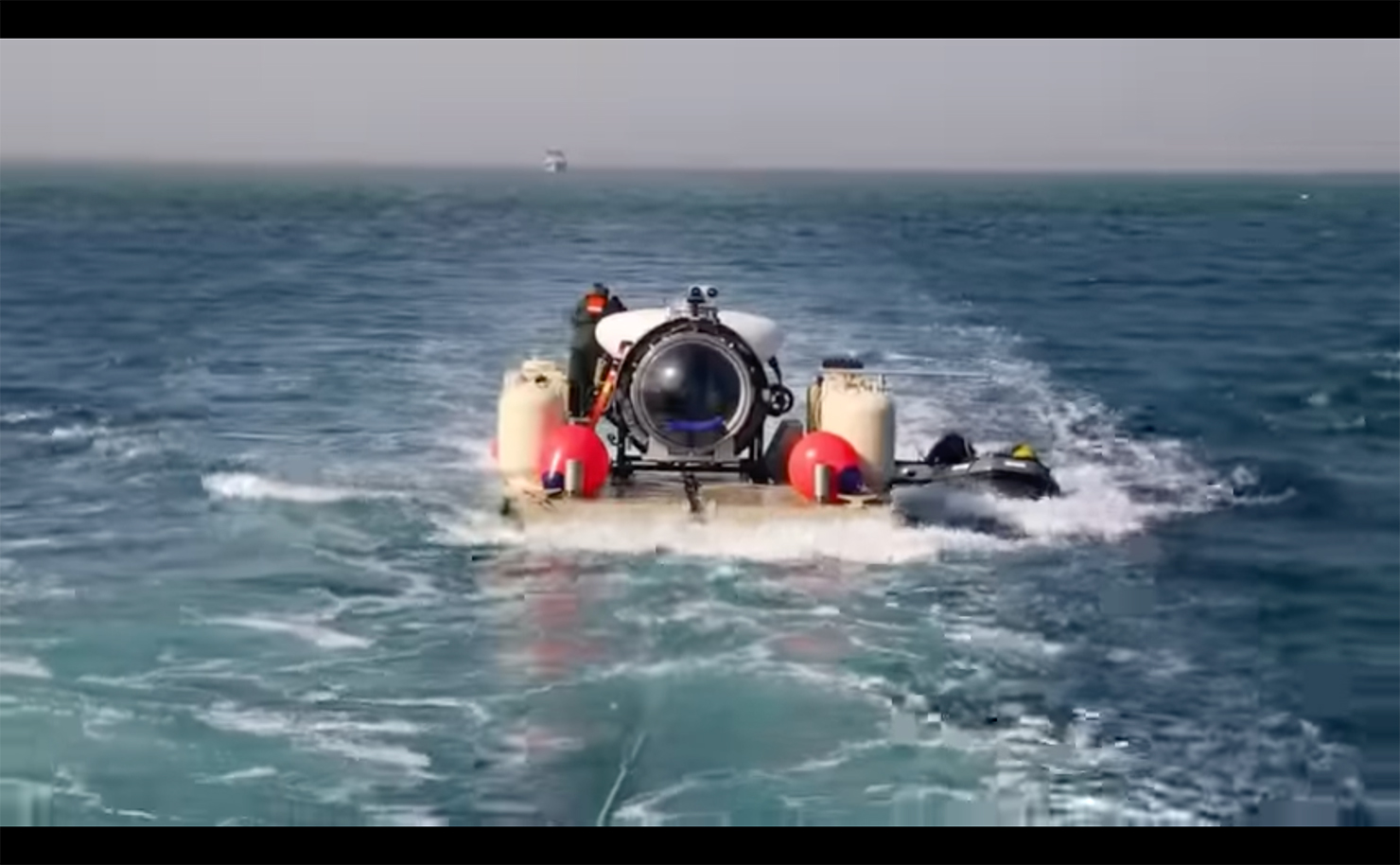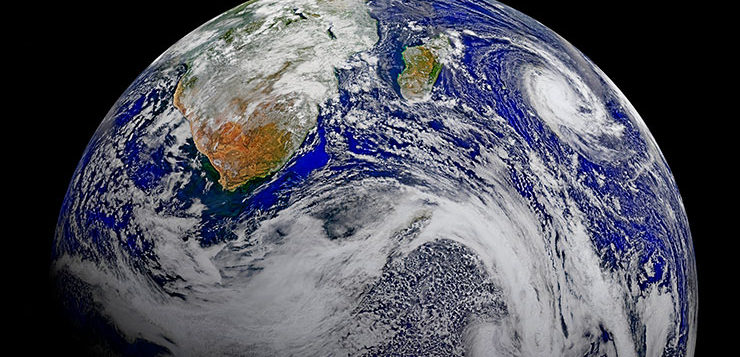Environmentalists have long pointed out that ‘there is no Planet B’. If we stuff up this one, it could be game over for humanity at worst, or a descent into an anarchic Hobbesian war of all against all, at best. Unfortunately, writes Professor Mark Beeson, no-one seems to have told the world’s plutocrats, who are literally taking conspicuous consumption to new heights.
Virgin Galactic has just inaugurated a form of ‘space tourism’ that will take three or four passengers for a 90-minute joyride 50 miles above the surface of the Earth, where they can experience weightlessness and enjoy what one assumes is a pretty impressive view. The cost? About $450,000, plus a suitably super-sized contribution to the world’s ever-increasing CO2 emissions, of course.
Back on Planet A things aren’t much better. On the same day Virgin was entering what can only be called the ‘space space’, it was revealed that a microscopic Louis Vuitton bag sold for more than $60,000. The phrase ‘more money than sense’ comes to mind, but this hardly does justice to the compassionless self-absorption necessary to do this at any time, let alone when so many face existential crises that they risk their lives to escape.
The jarring difference in the world’s response to the deaths of an estimated 600 or so people who drowned recently while trying to cross from Libya to Italy on an overcrowded 30-meter fishing vessel, and the five ‘explorers’ who died on a sight-seeing trip to the wreck of the Titanic, is another telling illustration of life’s enduring inequities on Planet A.

Whatever your view of Titanic tourism, the reality is that not many of us have the necessary $300,000 odd to pay for the ticket even if we wanted to. The ‘us’ in this case, of course, is the relatively wealthy population of the ‘north’, the ‘developed world’, or whatever term we choose to describe the arbitrarily over-privileged.
We have no direct experience of crushing poverty and existential insecurity, which may explain that when ‘people like us’ succumb to unexpected disaster, it seems all the more intolerable and tragic.
Even when the people concerned are not billionaires, if they are self-evidently part of our broad historical experience, like the plucky Ukrainians, many people will sympathise and open not just their wallets but their homes. No such succour has been offered to the people of Sudan, despite a continuing nightmare that now only merits a perfunctory mention, if any, in the mainstream media.
Yet as Scott Fitzgerald memorably pointed out, ‘the rich are different from you and me’, so their lives and ‘problems’ are as remote as those of the Sudanese. Plutocrats may live on the same planet, but they’re busily prepping for the environmental apocalypse that they’ve done more than most to create by buying up boltholes in New Zealand. It can only be a matter of time before some marketing guru suggests rebranding NZ as Planet B.

Indeed, even death may not be quite the final frontier – for the rich, at least – that we once thought it was. Cashed-up attendees at the ‘Longevity Investors Conference’ were presented with the latest research dedicated to extending their presumably immensely enjoyable lives. Whether a growing cohort of affluent elders is quite what the world needs at this historical moment is a moot point, but it’s happening, and not just among the ranks of the uber-rich either.
On the contrary, inequality across and within national jurisdictions seems as entrenched as ever. This is not only a problem for the growing ranks of the impoverished and the climate-threatened in much of Africa, but it’s also a mortal blow for our collective belief in progress and problem-solving. Is anyone really optimistic about the future of Syria, Sudan, of Haiti, for example, to say nothing of the looming global climate crisis? The young certainly aren’t.
To be fair, some of these contradictions and their possible consequences have not escaped the more thoughtful members of the super-rich. In another illuminating vignette, a recent gathering of millionaires at London’s Savoy Hotel urged Western governments to tax the rich before inequality led to social unrest. The only thing more surprising than this development, perhaps, is that the young in particular haven’t been more restive already.
But as the old joke has it, things that look like they can’t go on forever, probably won’t. At some stage the consequences of grotesque levels of inequality and our collective inability to address climate change will make themselves felt. In the UK nearly 70 per cent of 16-34-year-olds said they preferred socialism to capitalism, and who can blame them? When even at least some of the rich are doubtful about the long-term impact of neoliberal policies, and Western governments’ failure to tax them, perhaps things really are beginning to change on Planet A.
Donate To New Matilda
New Matilda is a small, independent media outlet. We survive through reader contributions, and never losing a lawsuit. If you got something from this article, giving something back helps us to continue speaking truth to power. Every little bit counts.




